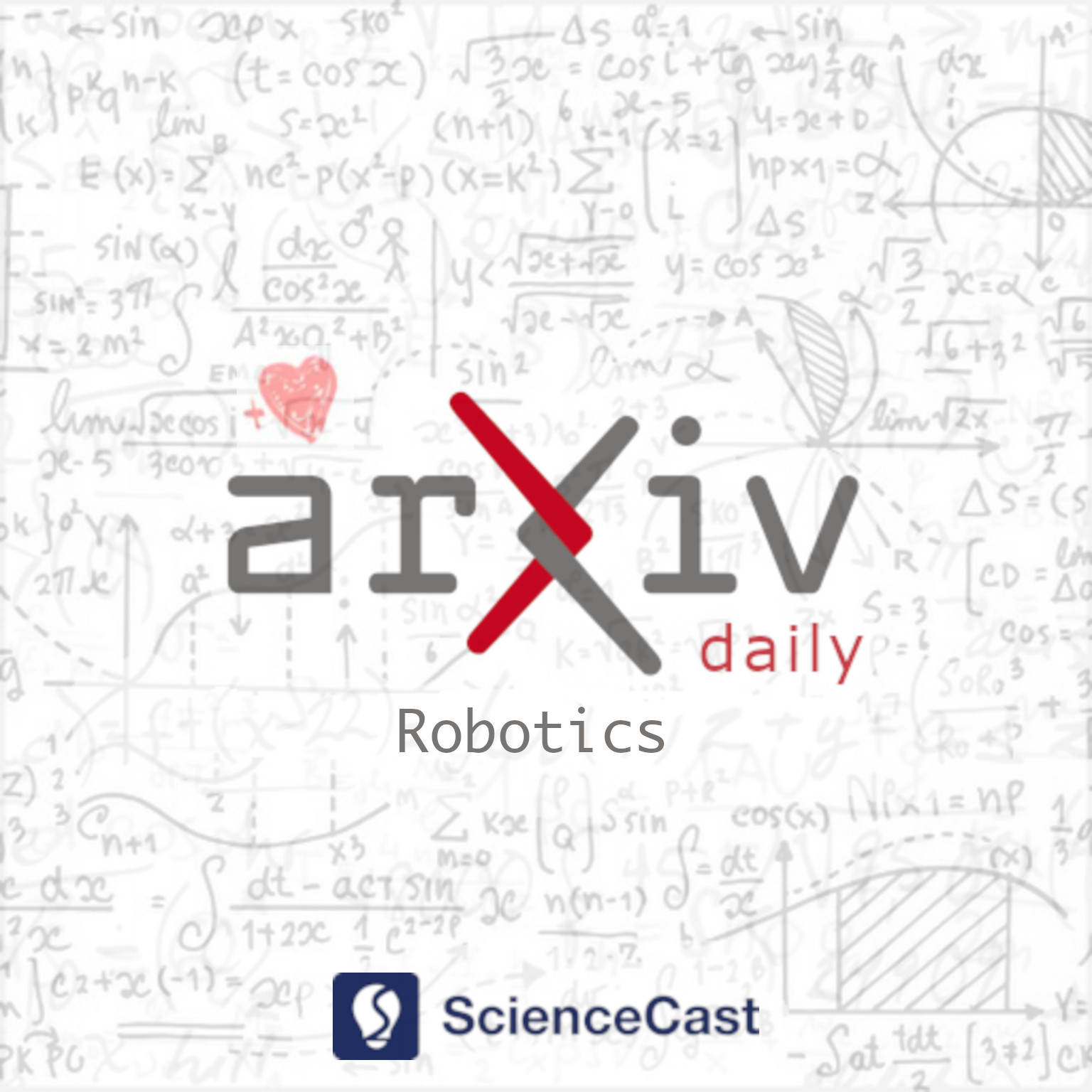
Robotics (cs.RO)
Fri, 23 Jun 2023
1.Automated Automotive Radar Calibration With Intelligent Vehicles
Authors:Alexander Tsaregorodtsev, Michael Buchholz, Vasileios Belagiannis
Abstract: While automotive radar sensors are widely adopted and have been used for automatic cruise control and collision avoidance tasks, their application outside of vehicles is still limited. As they have the ability to resolve multiple targets in 3D space, radars can also be used for improving environment perception. This application, however, requires a precise calibration, which is usually a time-consuming and labor-intensive task. We, therefore, present an approach for automated and geo-referenced extrinsic calibration of automotive radar sensors that is based on a novel hypothesis filtering scheme. Our method does not require external modifications of a vehicle and instead uses the location data obtained from automated vehicles. This location data is then combined with filtered sensor data to create calibration hypotheses. Subsequent filtering and optimization recovers the correct calibration. Our evaluation on data from a real testing site shows that our method can correctly calibrate infrastructure sensors in an automated manner, thus enabling cooperative driving scenarios.
2.Geometric Fault-Tolerant Control of Quadrotors in Case of Rotor Failures: An Attitude Based Comparative Study
Authors:Jennifer Yeom, Guanrui Li, Giuseppe Loianno
Abstract: The ability of aerial robots to operate in the presence of failures is crucial in various applications that demand continuous operations, such as surveillance, monitoring, and inspection. In this paper, we propose a fault-tolerant control strategy for quadrotors that can adapt to single and dual complete rotor failures. Our approach augments a classic geometric tracking controller on $SO(3)\times\mathbb{R}^3$ to accommodate the effects of rotor failures. We provide an in-depth analysis of several attitude error metrics to identify the most appropriate design choice for fault-tolerant control strategies. To assess the effectiveness of these metrics, we evaluate trajectory tracking accuracies. Simulation results demonstrate the performance of the proposed approach.
3.CIDGIKc: Distance-Geometric Inverse Kinematics for Continuum Robots
Authors:Hanna Jiamei Zhang, Matthew Giamou, Filip Marić, Jonathan Kelly, Jessica Burgner-Kahrs
Abstract: The small size, high dexterity, and intrinsic compliance of continuum robots (CRs) make them well suited for constrained environments. Solving the inverse kinematics (IK), that is finding robot joint configurations that satisfy desired position or pose queries, is a fundamental challenge in motion planning, control, and calibration for any robot structure. For CRs, the need to avoid obstacles in tightly confined workspaces greatly complicates the search for feasible IK solutions. Without an accurate initialization or multiple re-starts, existing algorithms often fail to find a solution. We present CIDGIKc (Convex Iteration for Distance-Geometric Inverse Kinematics for Continuum Robots), an algorithm that solves these nonconvex feasibility problems with a sequence of semidefinite programs whose objectives are designed to encourage low-rank minimizers. CIDGIKc is enabled by a novel distance-geometric parameterization of constant curvature segment geometry for CRs with extensible segments. The resulting IK formulation involves only quadratic expressions and can efficiently incorporate a large number of collision avoidance constraints. Our experimental results demonstrate >98% solve success rates within complex, highly cluttered environments which existing algorithms cannot account for.
4.Offline Skill Graph (OSG): A Framework for Learning and Planning using Offline Reinforcement Learning Skills
Authors:Ben-ya Halevy, Yehudit Aperstein, Dotan Di Castro
Abstract: Reinforcement Learning has received wide interest due to its success in competitive games. Yet, its adoption in everyday applications is limited (e.g. industrial, home, healthcare, etc.). In this paper, we address this limitation by presenting a framework for planning over offline skills and solving complex tasks in real-world environments. Our framework is comprised of three modules that together enable the agent to learn from previously collected data and generalize over it to solve long-horizon tasks. We demonstrate our approach by testing it on a robotic arm that is required to solve complex tasks.